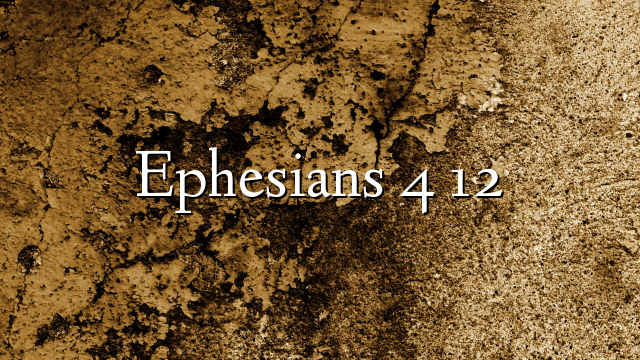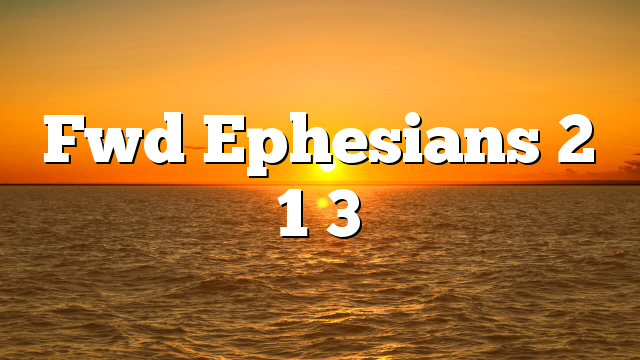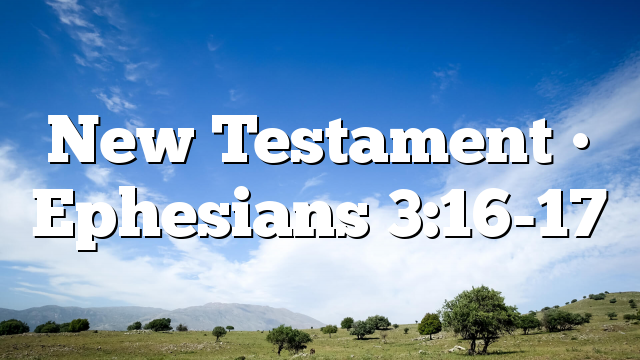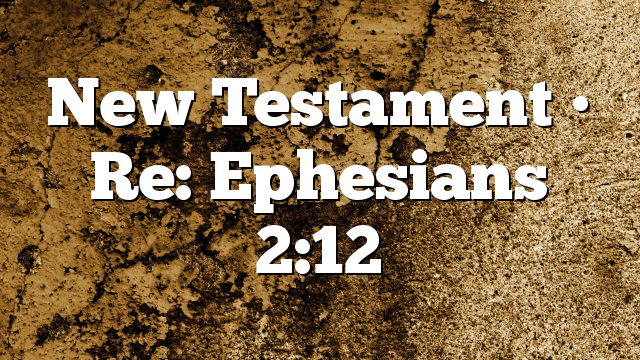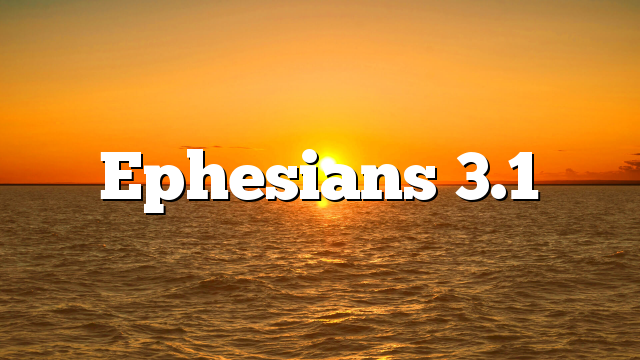Is any body interested to work through maybe a hundred lines of this is some form or another in this thread?
Here are the first four lines that set the background for the Biblical quote (together with a few pointers that I think might be helpful):
Aratus Solensis, Phaenomena, 1-4 wrote:ἐκ Διὸς ἀρχώμεσθα, τὸν οὐδέποτ᾽ ἄνδρες ἐῶμεν
ἄρρητον: μεσταὶ δέ Διὸς πᾶσαι μὲν ἀγυιαί,
πᾶσαι δ᾽ ἀνθρώπων ἀγοραί, μεστὴ δὲ θάλασσα
καὶ λιμένες: πάντη δὲ Διὸς κεχρήμεθα πάντες.
ἀρχώμεσθα – let’s begin hortative subjunctive, ie. an invitation to join somebody in an action or endeavour that thay are undertaking or planning to undertake
τὸν … ἐάω … ἄρρητον – I let him be …, I am leaving him to be … a verb with two accusatives
ἄρρητος – not spoken of In speaking of his rapture, the Apostle uses ἄρρητος to describe what he heard in heaven – 2 Corrinthians 12:4 ὅτι ἡρπάγη εἰς τὸν παράδεισον, καὶ ἤκουσεν ἄρρητα ῥήματα, ἃ οὐκ ἐξὸν ἀνθρώπῳ λαλῆσαι.
μεστός – (stuffed) full adjective + genitive of what sth is filled with. It is used in the NT and survives into Modern Greek.
ἀγοραί – markets where people mean for commerce and social interaction, or the interactions that take place
Διὸς – of Zeus the meaning is the pantheistic all pervading world-soul, rather than the fickle olympian
ἀγυιαί – streets, highways a mostly Epic word that does not survive into Modern Greek
λιμήν – harbour the word is third declension masculine. It is used three times in the New Testament. As an illustration of the Modern Greek diglossia, it survives into literary Modern Greek as λιμένας, and has developed into colloquial Modern Greek as λιμάνι.
πάντη – in every way, altogether An adverbial form. It is used by Luke in Acts 24:2-3, Κληθέντος δὲ αὐτοῦ, ἤρξατο κατηγορεῖν ὁ Τέρτυλλος λέγων, Πολλῆς εἰρήνης τυγχάνοντες διὰ σοῦ, καὶ κατορθωμάτων γινομένων τῷ ἔθνει τούτῳ διὰ τῆς σῆς προνοίας, 3 πάντῃ τε καὶ πανταχοῦ ἀποδεχόμεθα, κράτιστε Φῆλιξ, μετὰ πάσης εὐχαριστίας.
κεχρήμεθα – we long for (From LSJ χράω) in pf. κέχρημαι (with pres. sense) c. gen., desire, yearn after, the usual sense in Ep.
Any responses, translations or queries for me or the greater brains trust?
Statistics: Posted by Stephen Hughes — May 20th, 2017, 3:44 am


